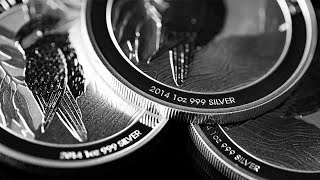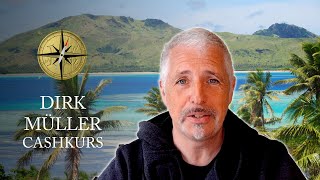| In April 1994, South Africa held its first democratic elections and all races went to the polls to bury apartheid for good. But hopes of a new dawn have been tarnished by fraud and corruption at the highest levels.
Click here to subscribe to The Economist on YouTube: http://econ.trib.al/rWl91R7 23 years ago this week, after centuries of white supremacists rule, black South Africans were able to vote for the first time in history. It was the culmination of decades of struggle. In 1994 The Economist reported that it was an event many South Africans had thought they would never live to see – all races alike went to the polls to bury apartheid for good. The first democratic vote marked the end of sanctioned racial oppression of apartheid. The world watched as South Africa heralded a new dawn of democracy and promise. Lawson Naidoo was an activist in exile for the African National Congress party. The party of black liberation was banned until 1990. The Economist reported that the result has never been in doubt. An outright majority victory for the ANC – to be followed by the election of Mr. Mandela, as South Africa’s first black president. The ANC’s victory immediately paved the way for a new constitution written for a new South Africa. Thuli Madonsela was one of the experts who helped draft it. Yet after more than two decades in charge, corruption undermines the democracy the ANC fought so hard to establish. The tone is set at the top. The President Jacob Zuma may soon face over 700 charges of fraud. In her role as Public Protector, Madonsela held the government to account for the last seven years. Her report into Zuma’s use of public money on his private home led to death threats. The highest court found Zuma had violated the constitution by refusing to pay the money back. Earlier this year Parliament descended into chaos with opposition politicians denouncing Zuma because of corruption allegations. Lawson Naidoo lost faith in the party he fought for – he now campaigns for government reform. South Africa now has one of the world’s most unequal societies with high unemployment and a faltering economy. The great hopes of the vote in 1994 have been tarnished leaving many embittered without better leadership this is unlikely to change. Daily Watch: mind-stretching short films throughout the working week. For more from Economist Films visit: http://films.economist.com/ |
Tags:






































